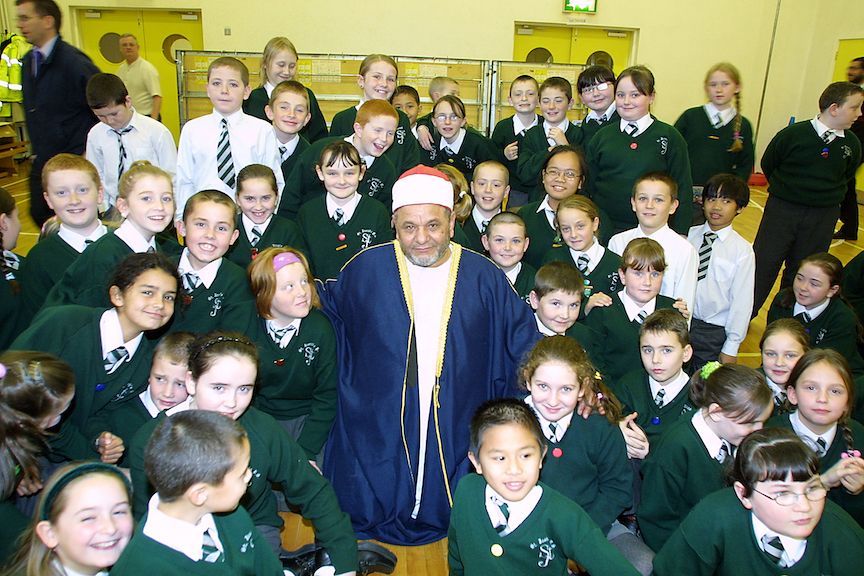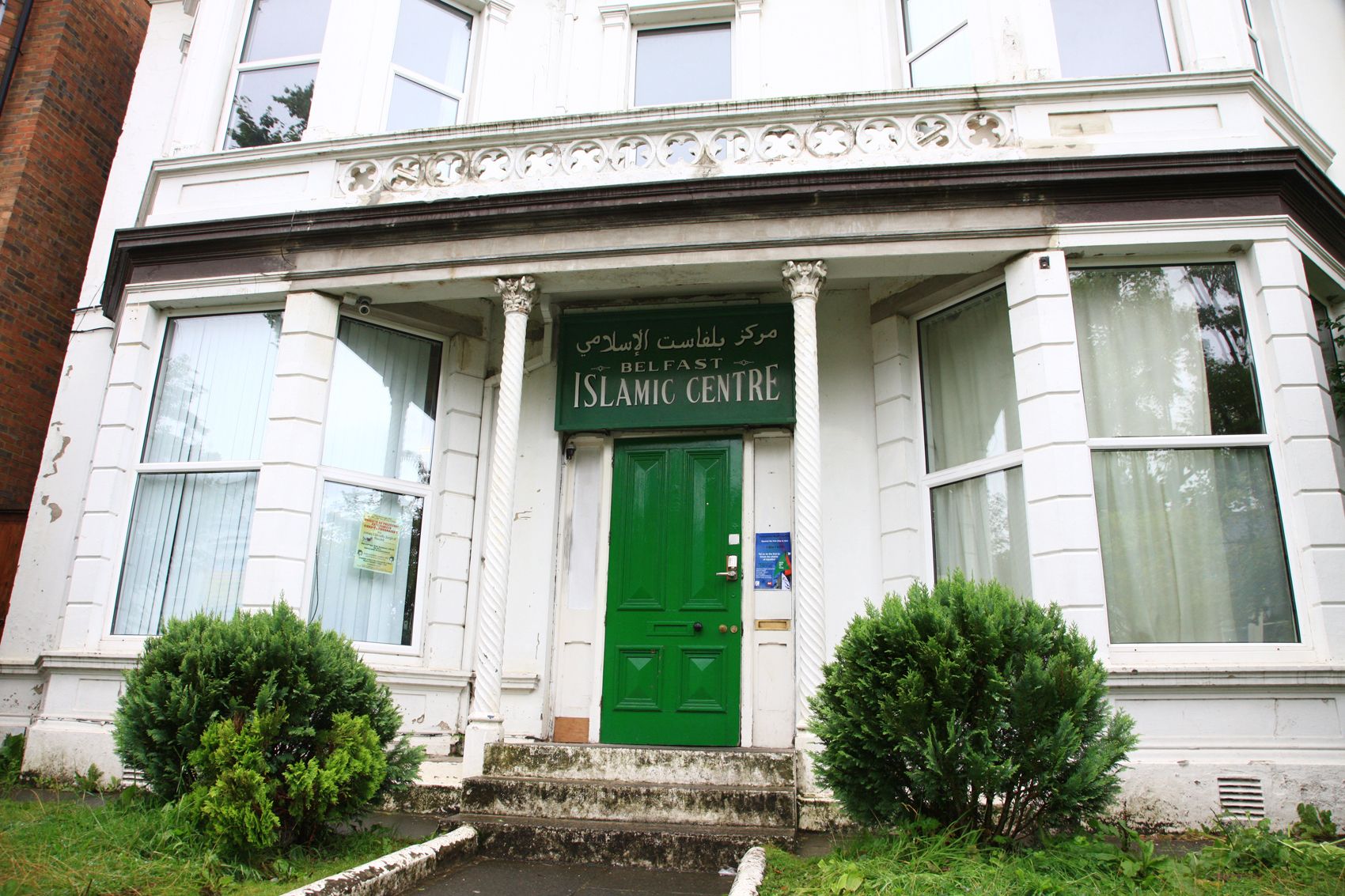Ramadan began the evening of Monday 12 April and is expected to end on Tuesday 11 May with a celebration called 'Eid ul-Fitr' (the Festival of the Breaking of the Fast).
Ramadan is the ninth month of the Islamic calendar.
The exact dates of Ramadan change every year in relation to the Gregorian calendar.
This is because the Islamic calendar is based on the cycles of the Moon rather than the sun. Sometimes there are different opinions on the dates among Muslims, as moon sighting may vary from country to country.
Healthy Muslims won't eat or drink during the hours of daylight. They have one meal (known as the suhoor), just before sunrise and another (known as the iftar), directly after sunset. The fast is broken at Magrib (sunset) with dates and water or milk, followed by something more substantial.
Muslims are also expected to refrain from anger, bad behaviour and do good deeds & charity. Fasting teaches self-discipline and reminds us to be grateful for what we have to be compassionate to the suffering of the poor. We should give charity and try to refrain from anger.
Children are not expected to fast until they reach puberty, but some like to try and join in with their families. Pregnant & menstruating women, travellers, the elderly and sick are exempt from fasting.
Those who are unable to fast can make up the missed fast at a later date and/or may give a donation of money or food, to cover meals for those in need.
Many Muslims will attempt to read the whole of the Qur'an at least once during Ramadan. Typically we try to spend time with family and friends and help people in need. We also attend special night prayers in Mosques during which the Qur'an is read (Taraweh).
Last year Covid put a halt to all Ramadan plans. We fasted, had iftar and prayed in our homes with our immediate families. Not just here in NI, but across the world, Muslim communities were affected.
Even the Holy Mosques in Makkah, Medina and Jerusalem were closed for public prayers and many countries faced curfews and travel restrictions.
This year is different, but still we must adapt to Covid-19 changes. In NI, Mosques are open for prayer only with restricted numbers, masks and social distancing.
This means many of us will still be marking Ramadan at home. We can't have friends or family over for iftars and our annual daily Iftar meals at Belfast Islamic Centre will not happen for the second year in a row.
Instead, we are collecting funds for our soup kitchen and food packs that will be distributed during this month.
Last year was difficult, but for many of us the pause from the ‘rush’ of Ramadan helped us to reconnect to the Holy month. I hope this year we will also be able to reflect on the deeper meanings of this month.
Ramadan is not just about lack of food & drink dawn to dusk.
— Abdu Sharkawy (@SharkawyMD) April 13, 2021
Ramadan is patience.
Ramadan is empathy.
Ramadan is humility.
Ramadan is gratitude.
Ramadan is charity.
Ramadan is the spirit that seeks the best in ourselves & finds the best in others.#Ramadan






